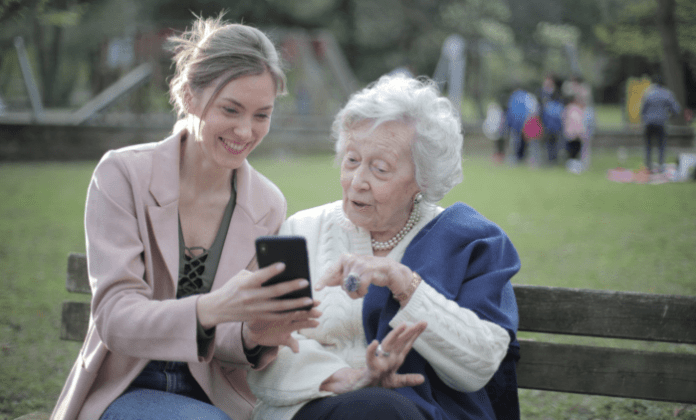According to the National Alliance for Caregiving and AARP, “about 34.2 million Americans have provided unpaid care to an adult age 50 or older in the last 12 months.” If you are one of those 34 million people putting the health and needs of your loved ones above your own, you are not alone.
It can be overwhelming for adults who find themselves in middle age, caring for aging parents or grandparents while also having children at home to raise and parent. However, due to the number of people in this situation, there has also been an exponential increase in services and support available.
Every situation is unique, and every idea won’t work for everyone, but here are a few ways you can continue to care for yourself while caring for others.
Maintain A Strong Support System
Being a full-time caregiver can be isolating and lonely, especially if your loved one is home-bound. Make efforts to find peers in a similar situation and meet up with them once a week. Join a support group for caregivers or find an online community where you can check-in and seek advice or encouragement.
Online forums can be a great source of information, too. For example, if you’re struggling with coping with a recent diagnosis or whether or not to transition your loved one to Depends diapers, an online group of friends can help talk you through your options or their recent experiences.
Find Respite Help
There are agencies available in every state to provide respite care for your loved ones. However, typically respite workers must have training and, in some cases, be licensed to meet the needs of senior adults who need full-time care.
Reach out to a respite agency before you need help and plan for the time you’ll need to spend away. Respite care isn’t just for emergencies or when you have another commitment – it can be to provide relief for a weekend or longer just to allow you to recharge.
Make Your Own Health A Priority, Too
Many adult caregivers report putting their own health needs on hold to care for a loved one. While it might seem necessary, this behavior can endanger you as the caregiver and put your loved one at risk, should something unexpected happen to you.
Make it a priority to follow through on your regular wellness check-ups, get routine exams, and pay close attention to signs that your body needs to rest. When possible, find creative ways to move your body inside the home where your loved one resides. Instead of sitting with them, stand and do some simple exercises while making conversation.
Or, head outside with your loved one and spend time in a beautiful park, making small talk about the environment. The chances are good that the time outdoors will be great for both of you.
As the cooler weather approaches and the outdoor options become limited in colder climates, it’s essential that you make a plan for the future. Talk to your loved ones about their hobbies, how they prefer to spend their time with you, and what kind of activities they enjoy doing together.
It might be the perfect time to stock up on some puzzles, watch a new television series together, or bring on the nostalgia with some favorite classic movies. The most important thing is that both you and your loved ones are happy and healthy.


